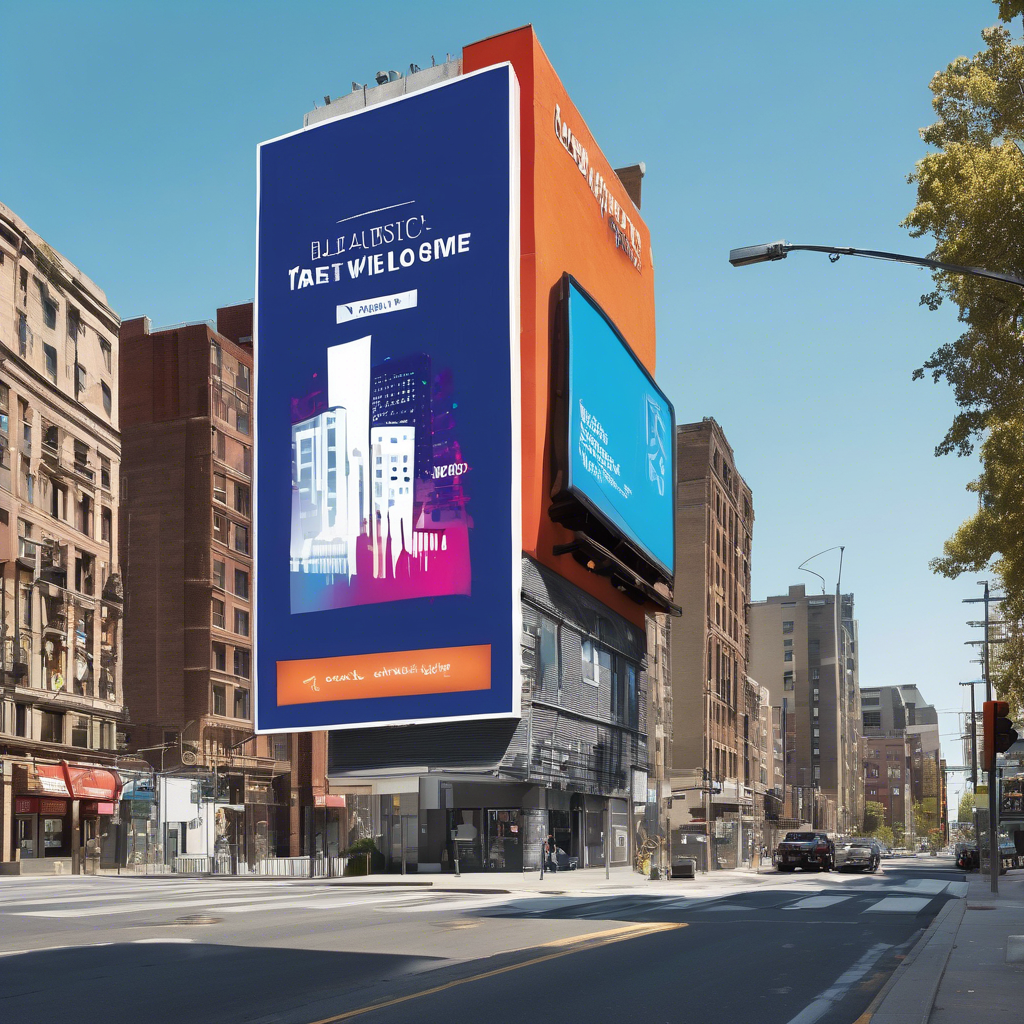
The digital landscape has witnessed an explosion of platforms where content creators can thrive, but few have made as dramatic an entrance into mainstream culture as OnlyFans. Known primarily for its adult-oriented content, OnlyFans has become a symbol of how the internet reshapes industries and the ways personalities build their brands. Beyond virtual spaces, the platform’s stars are now staking their claim in the physical world, as showcased by adult content creator Chloe Amour’s bold decision to plaster her image on a Los Angeles billboard. This move marks an intriguing milestone in the intersection of digital content creation and traditional marketing, highlighting the rising influence and earning power of OnlyFans creators.
Chloe Amour’s billboard campaign may seem a surprising development to some, but it’s a logical next step for content creators who have amassed significant followings and income. With over 2 million Instagram followers, Amour leverages her online fame with a robust marketing strategy that transcends social media feeds. Billboard advertising, especially in hubs like Los Angeles and Las Vegas, is an expensive venture—ranging from $8,500 to $11,000 approximately for a monthly lease in prime locations. This financial commitment underscores the lucrative nature of OnlyFans for top creators, suggesting that these influencers aren't just content with digital visibility; they’re aiming for broad public recognition and a cemented presence in popular culture. By putting her face where millions of commuters and city dwellers can see it, Amour challenges traditional notions of marketing and adult entertainment branding.
However, this intersection of digital fame and public advertisement has not been without controversy. Since the billboard went up, it has been vandalized multiple times, largely suspected to be the work of religious protestors opposed to the nature of the content it promotes. Interestingly, the billboard is quite tame in appearance—showcasing Amour’s image, her social handles, and a direct nod to OnlyFans without being overtly provocative. In comparison to many billboards that line highways advertising adult nightclubs or other nightlife venues, Amour’s campaign is relatively subtle, yet it still has sparked a strong public reaction. This highlights a persistent social tension around adult content and its place in public spaces, and Amour’s response to the backlash adds depth to the conversation about freedom of expression and non-mainstream career paths.
Amour's steadfast refusal to take the billboard down, even as it faces repeated defacement, adds a layer of resilience that reflects broader societal shifts. In interviews, she clearly states that she isn’t intimidated by the protests and intends to "fight even harder" to keep her advertisement visible. This stance is emblematic of a growing movement where creators assert their legitimacy and demand recognition on their own terms. The power dynamics are evolving: content creators aren’t just seeking to build followings; they’re lobbying for cultural acceptance and market space traditionally reserved for mainstream celebrities and corporations. Amour’s experience invites us to rethink how society perceives adult content creators and their right to publicize their careers just like any other profession.
The billboard’s effectiveness is apparent beyond its physical presence—it’s generating media buzz and conversation, indicating that the campaign has captured public attention in spades. The fact that major outlets like TMZ are covering the story means Amour has succeeded in amplifying her brand far beyond the typical digital sphere of OnlyFans. This signals a new era where adult content creators can expand their influence beyond the confines of the internet and command a mainstream presence. It’s a fascinating case study illustrating how contemporary creators use traditional advertising versus digital strategies to establish identity, challenge stigmas, and reshape public perceptions of their industry. Ultimately, Chloe Amour’s billboard saga is more than a marketing stunt—it’s a microcosm of cultural change where digital entrepreneurship meets public expression and resilience.
#OnlyFansTakeover #DigitalMarketing #AdultContentCreators #BillboardBuzz #CulturalShift #ChloeAmour #ContentCreation
Leave a Reply